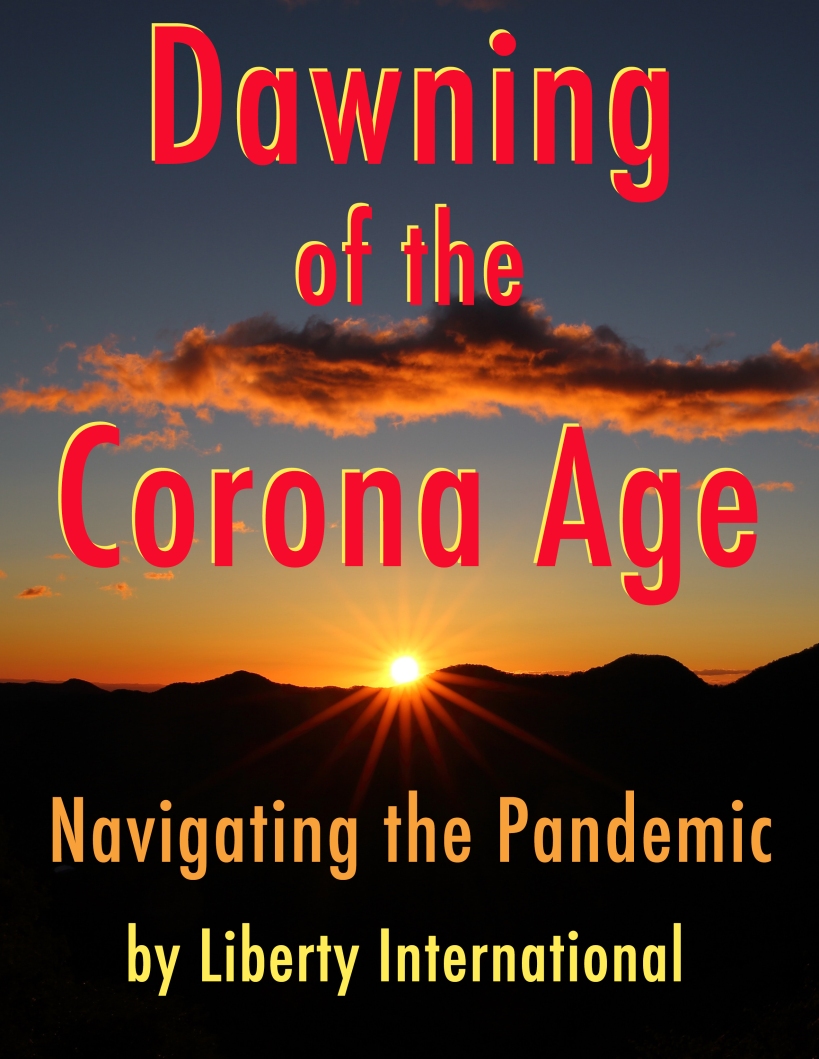
Author’s Note: Five months of intensive research, collating 670 research and news sources, are compacted in this succinct, readable and entertaining 167-page compendium about the “pandemic”. It provides a comprehensive overview for those with an open mind, still willing to learn, to expand perspectives far beyond media tidbits. This is the Dawning of the Corona Age.
May we remove our masks – and blindfolds – to take notice of what is actually rapidly happening around us to navigate how we can still “live free in an unfree world”.
This newly released book is dedicated to You. Thank you for educating yourself, “thinking twice before you think”, calmly sharing your insights, acting wisely and thereby reclaiming authority over your life! Enjoy the first chapter of thirty-two below.
“A compelling exploration far beyond the immediate impacts of the “pandemic”, Dawning of the Corona Age imagines how our human world may be altered long into an uncertain future. “
$10 PDF ORDER LINK: https://www.paypal.com/cgi-bin/webscr?cmd=_s-xclick&hosted_button_id=H7ZVUNGC58QE2
$25 PRINT ORDER LINK: https://www.paypal.com/cgi-bin/webscr?cmd=_s-xclick&hosted_button_id=QCQQL3JUTVURE (includes PDF Version with 670 Live Links)
$25 AMAZON PRINT ORDER LINK: https://www.amazon.com/dp/B08FSR3NJG
THE PANDEMIC:
Season 1, Episode 1
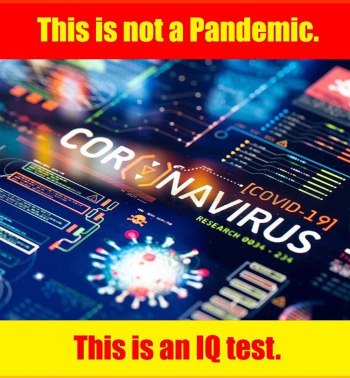 1. Preface & Introduction
1. Preface & Introduction
Like a television series straight out of science fiction films, such as, V for Vendetta, Pandemic and The Matrix, the mainstream media narrative relentlessly broadcast at “We the People” seemed at first as surreal and as strange as an episode of The Twilight Zone.
Now, suddenly, and apparently without warning, we are living in a strange hybrid between George Orwell’s novel 1984, Aldous Huxley’s Brave New World and The Matrix. Science fiction has now become real.
George Orwell wisely observed that, “The further a society drifts from the truth, the more it will hate those that speak it.” In 1958, Aldous Huxley warned that, “Pharmacology and propaganda will make the masses love their slavery. As the world is forced into accepting greater and greater levels of government control in all areas of life, remember that nothing in politics happens by chance. There is a science to creating empires.”
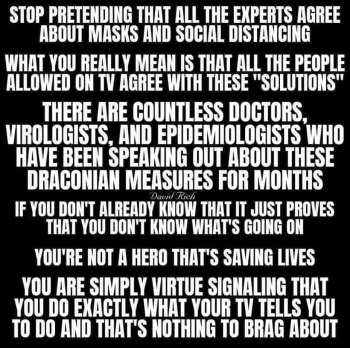 As the lead character Orpheus revealed in The Matrix film, “The Matrix is everywhere. It is all around us, even now in this very room. You can see it when you look out your window, or when you turn on your television. You can feel it when you go to work, when you go to church, when you pay your taxes. It is the world that has been pulled over your eyes to blind you from the truth.”
As the lead character Orpheus revealed in The Matrix film, “The Matrix is everywhere. It is all around us, even now in this very room. You can see it when you look out your window, or when you turn on your television. You can feel it when you go to work, when you go to church, when you pay your taxes. It is the world that has been pulled over your eyes to blind you from the truth.”
These perspectives reflect a deeper sense of what may be happening in our world today. For those open-minded enough to consider the truth as more important than convention and its lies, that sobriety is more essential than distorted states of consciousness, that the Earth and all of its natural wonders are more beautiful than any virtual reality, this book may just break open the possibility of a transformation of our understanding of this “pandemic”.
In truth, this may be the “crowning” of a “new age” of consciousness emerging from the rubble of an old world dying around us. A “Corona” age may very well be on the horizon if we act from a higher understanding of our own existence as true human beings instead of from our limited perspectives of material existence.
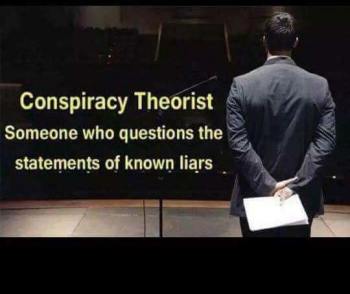 For those with the courage to question authority, to question even our present sense of reality, this book is for you.
For those with the courage to question authority, to question even our present sense of reality, this book is for you.
“Do not believe in what you have heard; do not blindly believe in traditions just because they have been handed down for many generations; do not believe in anything just because it is rumored and spoken by many; do not believe merely because a written statement of some old sage is produced; do not believe in conjectures; do not believe in that as truth to which you have become attached from habit; do not believe merely
the authority of your teachers and elders,
or news sources or books.
Question all authorities and truisms.
Decide for yourself what is the veracity of your perceptions.
Ponder what is not true. Even more so, ponder what is true, deeply and continuously.”
~ Buddha
$10 PDF ORDER LINK: https://www.paypal.com/cgi-bin/webscr?cmd=_s-xclick&hosted_button_id=H7ZVUNGC58QE2
$25 PRINT ORDER LINK: https://www.paypal.com/cgi-bin/webscr?cmd=_s-xclick&hosted_button_id=QCQQL3JUTVURE (includes PDF Version with 670 Live Links)
$25 AMAZON PRINT ORDER LINK: https://www.amazon.com/dp/B08FSR3NJG
THE PANDEMIC: COVID-19, Season 1, Episode 1
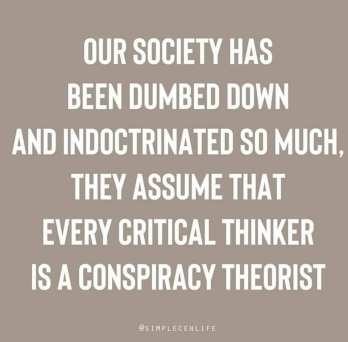 Preface and Introduction (PDF)
Preface and Introduction (PDF)- Seven Known Strains of Coronavirus (PDF)
- COVID-19 Did Not Naturally Occur By Animal to Human Contact
- China’s COVID-19 Coverup
- Faulty Computer Simulations & Projections
- Skepticism of Mainstream Narratives & Projections
- Herd/Individual Immunity, Lockdowns & Quarantines
- The Immune System is Your Primary Defense
- How Contagious is COVID-19?
- “Exosomes” as a Natural Release of the Human Body
- Masks or No Masks?
- Invalid Testing & Inconclusive Diagnosis for COVID-19
- Inflated Death Rates & Asymptomatic Cases
- Hydroxychloroquine is an Effective Treatment
- Emerging & Effective Treatment Protocols
- Questioning the Need, Safety & Efficacy of a Vaccine for COVID-19
- Dangers of Vaccines Laced with Toxic Materials
- Germ Theory is the Wrong Approach, Look to the Biome
THE LOCKDOWN: Season 1, Episode 2
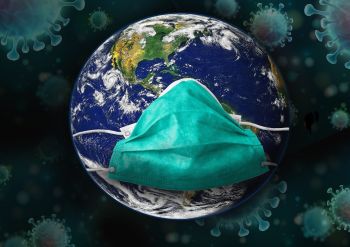 International, National & State Declarations of Emergency
International, National & State Declarations of Emergency- COVID-19 & The 5G Factor
- Total Surveillance State & The Right to Privacy
- Legal Authorities for U.S. Public Health Officials & State Governors
- Stimulus Bills Are Fast Tracks to Socialism & U.S. Bankruptcy
- Chinese Coverup & Propaganda
- Undeclared War Between China & United States
- Global Goals of the Pandemic
- The New World Order
- Big Pharma Funding Regulatory Agencies Providing Oversight & Developing Public Policy
- Internet Censorship & Medical Fascism
- The Global Health Protection Racket
- The Future Ain’t What it Used to Be
THE CORONA AGE: 2020 & BEYOND, Season 2
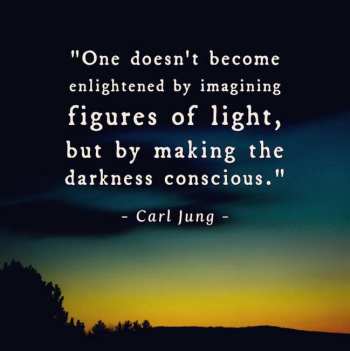 Dawning of the Corona Age
Dawning of the Corona Age
APPENDIX

 Overview
Overview By Raul Diego
By Raul Diego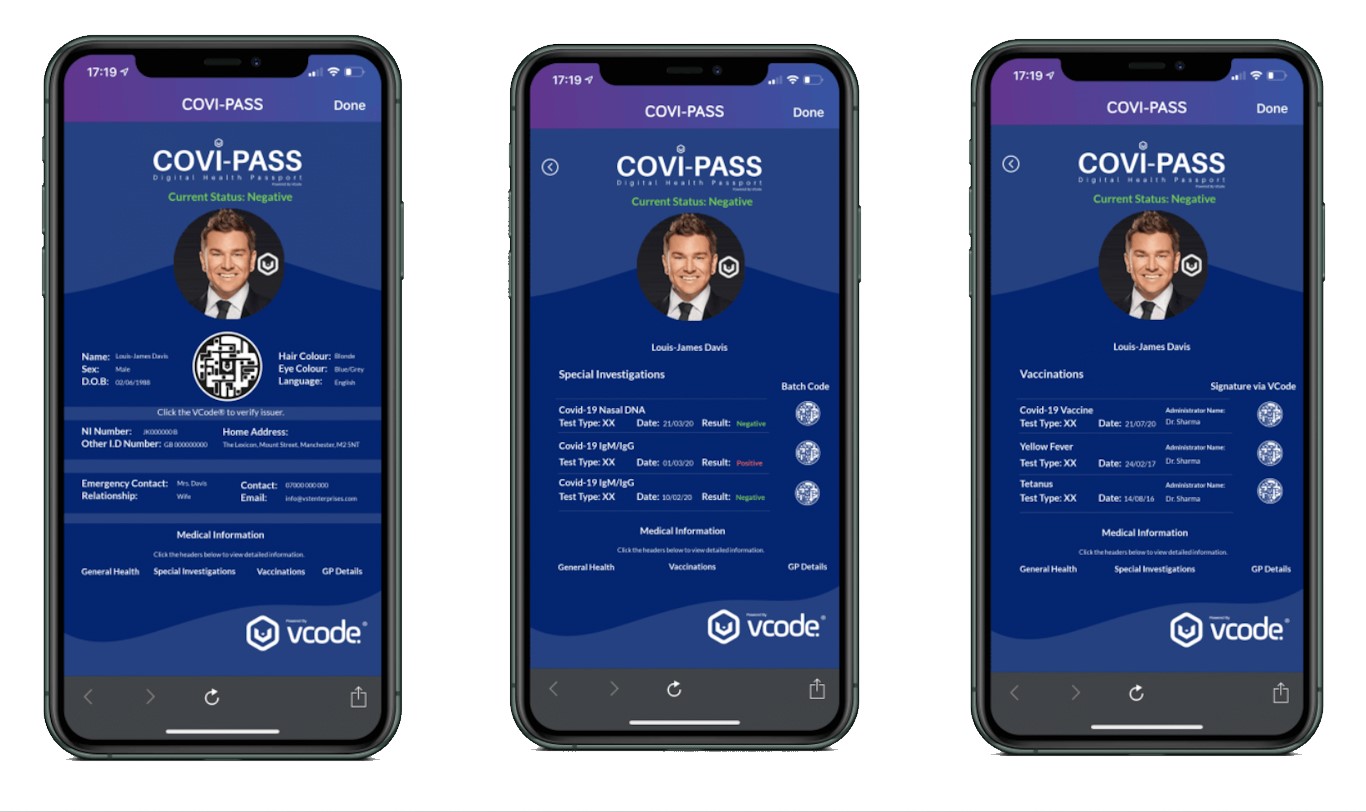

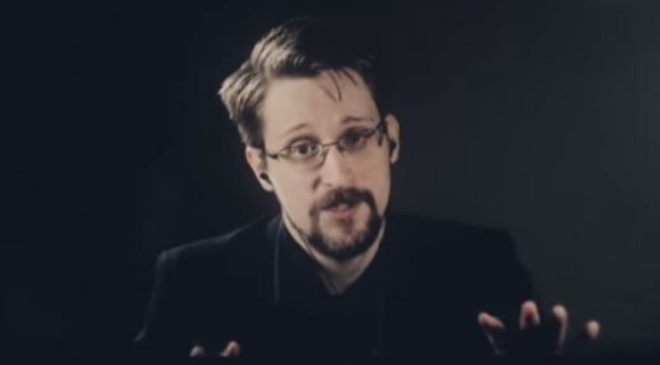 By John Vibes
By John Vibes
 Edward Snowden, the man who exposed the breadth of spying at the US’s National Security Agency, has warned that an uptick in surveillance amid the coronavirus crisis could lead to long-lasting effects on civil liberties.
Edward Snowden, the man who exposed the breadth of spying at the US’s National Security Agency, has warned that an uptick in surveillance amid the coronavirus crisis could lead to long-lasting effects on civil liberties. Johnny Liberty, Editor’s Note: As Edward Snowden was correct to reveal to the international press (at the sacrifice of his own well-being and freedom) that the NSA had abused their power and broke the law in gathering metadata on every American citizen, giving more power to the government is not a wise move regardless of the reason. Once they have that power, they’ll always have it (and will eventually abuse it). For example, the USA Patriot Act continues to be in force today without a tangible terrorist threat. Your civil liberties and sovereign rights continue to be compromised daily.
Johnny Liberty, Editor’s Note: As Edward Snowden was correct to reveal to the international press (at the sacrifice of his own well-being and freedom) that the NSA had abused their power and broke the law in gathering metadata on every American citizen, giving more power to the government is not a wise move regardless of the reason. Once they have that power, they’ll always have it (and will eventually abuse it). For example, the USA Patriot Act continues to be in force today without a tangible terrorist threat. Your civil liberties and sovereign rights continue to be compromised daily.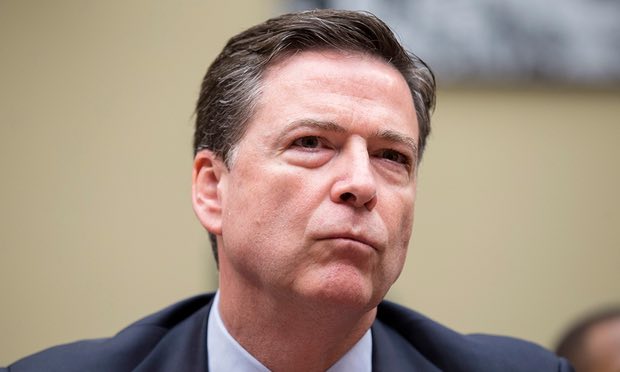 By Olivia Solon
By Olivia Solon